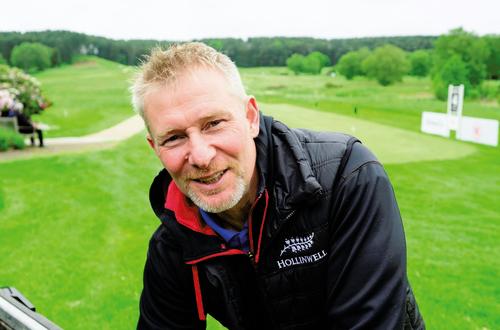- Homepage
- News and Features
- Nine Years to Green Glory: Formby Ladies' Ecological Triumph
Nine Years to Green Glory: Formby Ladies' Ecological Triumph
The greenkeeping team at Formby Ladies Golf Club may be small, but their impact has been immense.
When Formby Ladies Golf Club won Ecological Project of the Year at the Golf Environment Awards 2025, it represented an achievement not 12 months in the making but nine years.
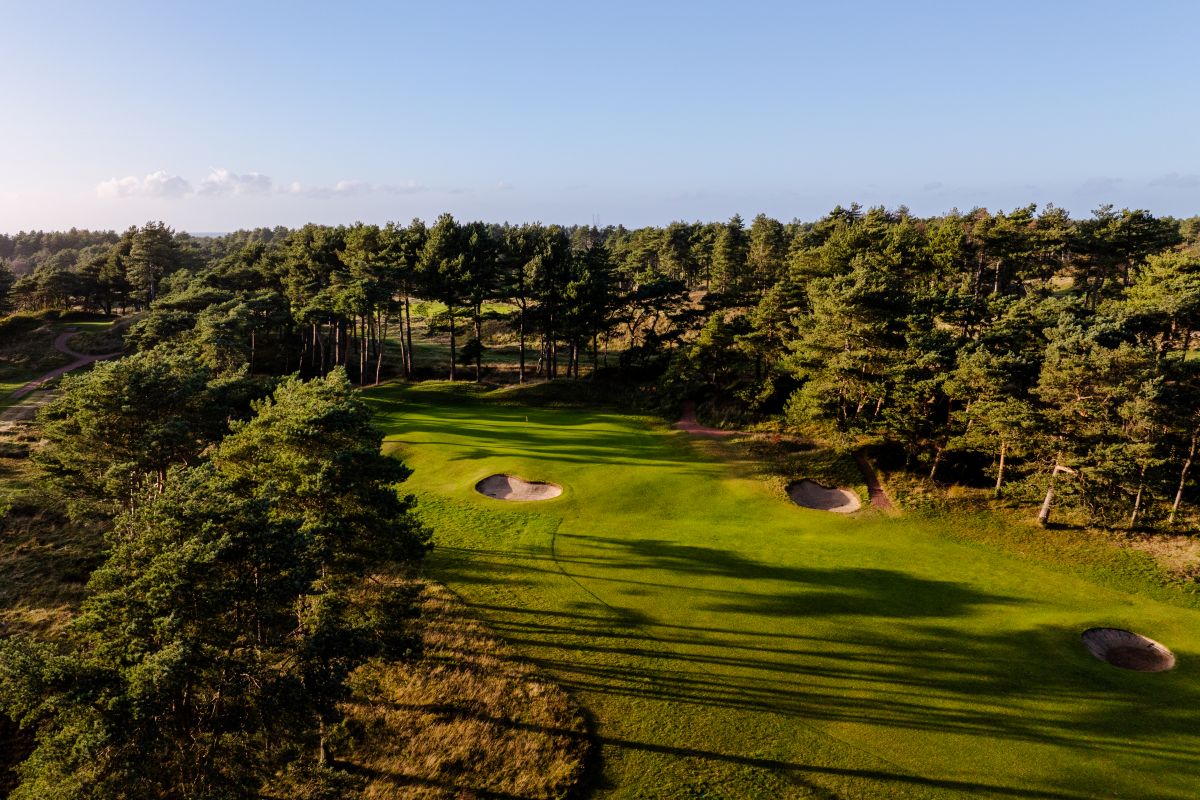
That is how long it had been since the club's Site of Special Scientific Interest (SSSI) compartment had been classed as 'unfavourable', with trees and scrub overrunning the native landscape, blighting the rare coastal heathland and majestic Sefton Coast dunes – the largest system in England – that lent the site its SSSI status.
Many of the playing surfaces were also in a condition that was felt to be out of keeping with the traditional firm, fine-grassed areas commonly found on such courses, with Formby resembling a parkland track more than the links heathland it was meant to be. It was a stark warning that things had to change and Course Manager Rob Sandilands, who took the role that same year in 2016, was ready to get to work.
"As the 'unfavourable' classification suggests, if you make no changes to your management regime and the way you're doing things, nothing's going to change in terms of the condition of your compartment within the SSSI," said Rob. "The course was being completely overrun and dominated by scrub, trees and different grasses. That wasn't just a problem from a habitat point of view, but also from a playing surface point of view.
"It was having an impact on the shading, airflow, drainage and organic matter. When you have a combination of those issues, and very little fine grass in there, it's quite vulnerable to disease and there's a high reliance on fungicides."
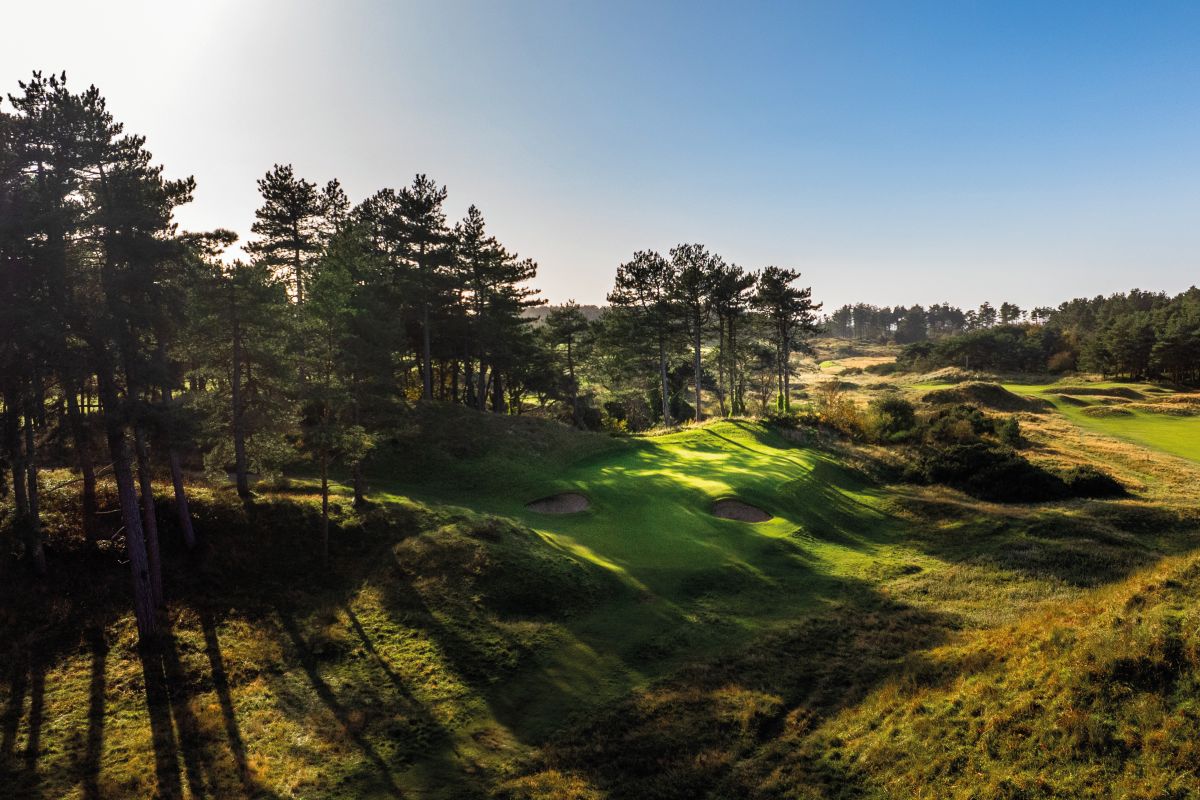
Futureproofing
A course-wide development plan with a significant focus on sustainability was implemented. This tied in with the club's course policy document and included tree, scrub and sapling removal in areas of heather, while a change to the cutting regime helped to encourage a more uneven age structure.
Rob explained: "This is a form of futureproofing, ensuring there are young and old areas of heather at different heights, favouring different insects and breeding birds and promoting greater diversity in general. The team also undertook gorse reduction and ongoing control, removed trees and scrub from the dunes and encouraged more open areas of grassland where appropriate.
There was a focus on sustainable greenkeeping practices, with fewer inputs and a species transition to finer grasses on playing areas, along with a move towards greater water security. The progress was evident, with informal site visits indicating the SSSI condition status was in between 'unfavourable-recovering' and 'favourable' in 2022.
"When they come along periodically to survey your compartment, they'll look at randomised plots and compare against previous records," Rob explained. "They'll look at your areas for improvement that they've previously identified and see if there has been any improvement."
In August 2023, Formby officially reached 'favourable' condition status after a full formal survey and land mapping by Natural England, with the course and wider surrounds greatly improved.
"The members have seen the playing environment improve from a sense of wellbeing, and there's some more open vistas on the course," he said. "They've also seen the playing surfaces dramatically improve over that time. Don't get me wrong, there were some difficulties early on when you're changing things like grass types, but we've got a lot more fine grass now than we ever had, which requires a lot less in terms of inputs and management. That has its own benefits because that's more appropriate to us and the club with our resources.
"It's about futureproofing the way we do things because ultimately we're looking to make sure the club's still here and going strong in the future."
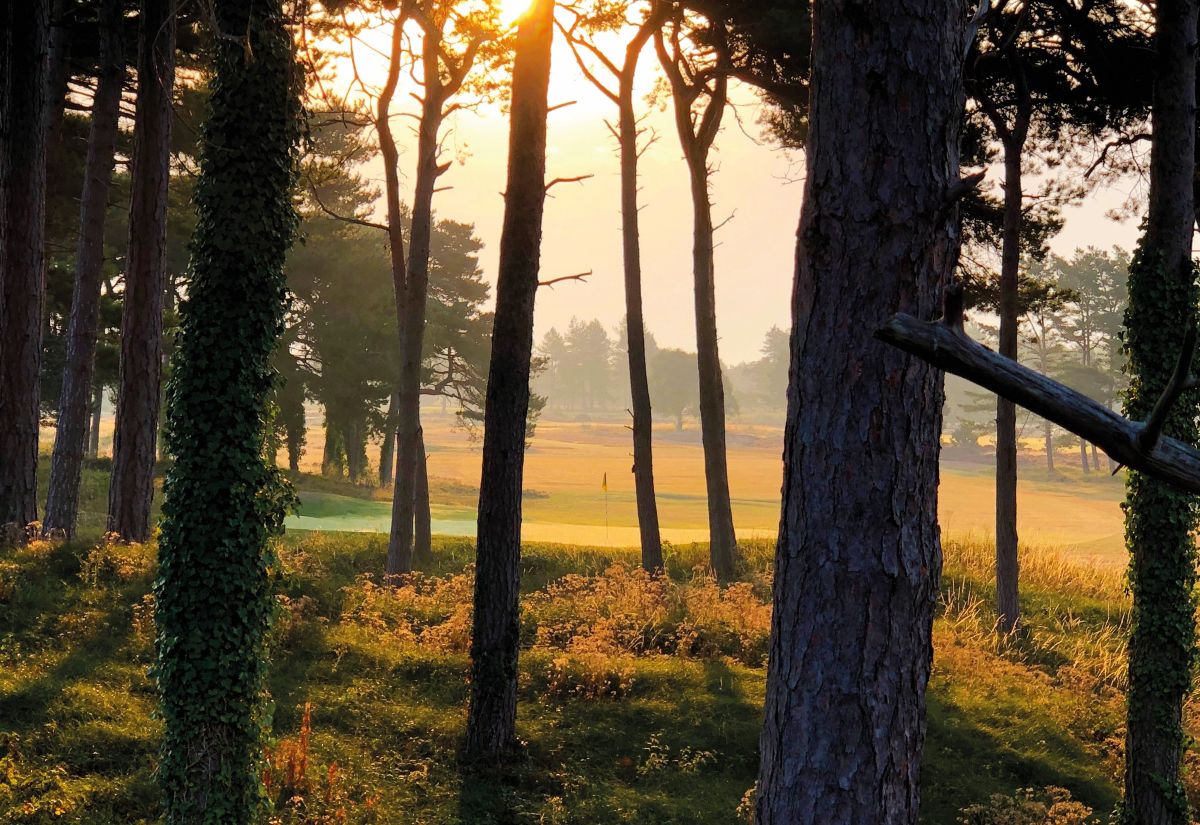
Communication
Having the club's full backing, as well as the support of Natural England, The R&A, STRI and various consultants and contractors certainly empowered Rob to know he was on the right path, but he acknowledged the importance of keeping members in the loop.
"We've obviously had to communicate it well to members because we were changing a lot of things," he said. "It's important to be open and honest and as transparent as you can be in your communication content, but it's also the way you go about it.
"We've obviously done traditional newsletters, but we've also had presentation evenings, course walks and really just tried to be proactive with it. I think the key thing is to back it up with good, hard evidence and data. We would quite regularly have the greens performance tested, so we'd know the organic matter levels and we could see those dropping every time. We could also see levels of firmness, smoothness, trueness and so on increasing at the same time.
"If anyone did have any reservations about whether it was working, we'd be able to show them the data to prove that it was, although it didn't come to that very often."
Milestone
Attaining 'favourable' condition status marks a major milestone in the club's efforts but does not mean the work is done. Rob and his team are continuing to push for evermore sustainable methods as they seek to produce a top-quality golf course and preserve the natural habitat in which it resides.
"We've started cutting and collecting our rough on an annual basis to try and thin it out and make it more playable," he said. "We've reduced organic matter on playing surfaces, we've reduced our reliance on fungicides and water and we've tried to use as many products as we can that are kinder to the soil profile, moving away from more synthetic, high-salt-based fertilisers.
"We've gone into overseeding and organic matter removal on an annual basis and we're fostering a good amount of fine grass.
"We are managing in a way that is based around a minimal disruption regime. We will still renovate, but we will condense that into two windows a year. Outside of that, we wouldn't do much more topdressing, intensive aeration or any operations that are going to damage the fine grass."
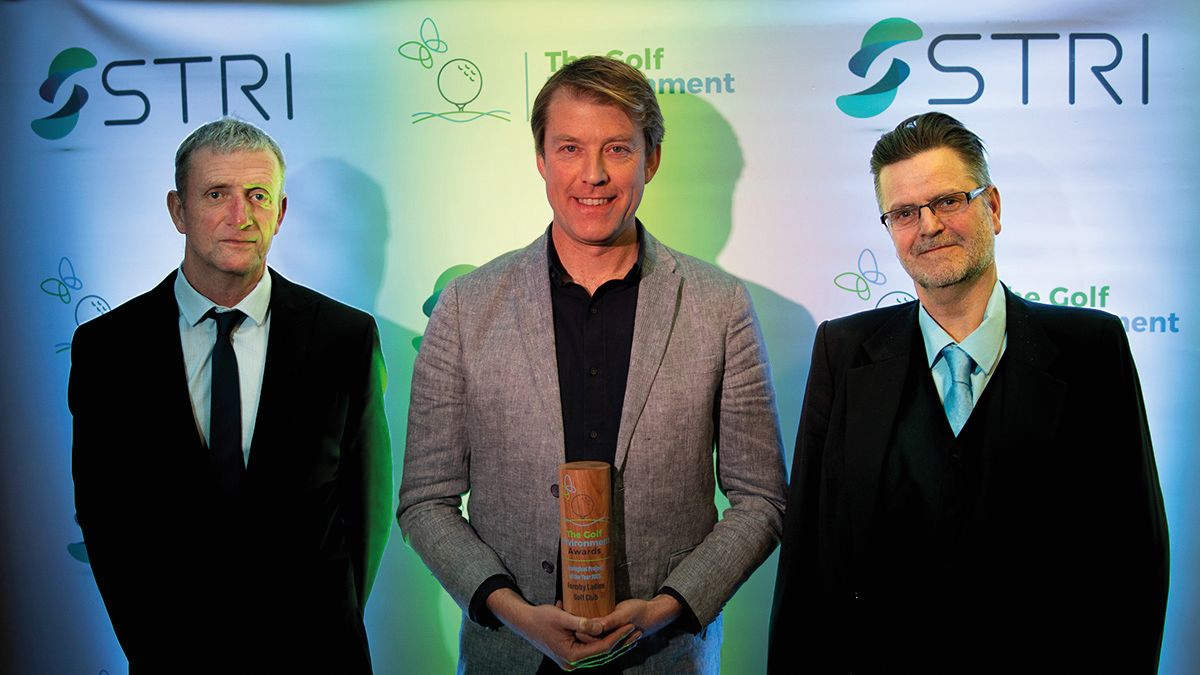
Self-sufficient surfaces
The upshot is that the playing surfaces are firmer, with fine grass more abundant, and the greens have not been blanket sprayed with a fungicide for the last six years.
Since 2019, the course has been self-sufficient for water after securing an on-site source of irrigation by installing a horizontal well de-watering system. Even the contingency irrigation supply comes from an on-site pond, removing any reliance on mains water. The sprayer refill tanks for greenkeeping operations are fed by rainwater harvested from the roofs of the greenkeeping buildings.
All that Formby Ladies has achieved has come not from vast resources but from diligent and knowledgeable work over many years, with everyone at the club pulling in the same direction.
"We are very modestly resourced, but it's a reflection of us as a club," added Rob. "We're a unique club. We don't have that many full members, so we just cut our cloth accordingly. We've mechanised a lot of tasks that we weren't doing previously, we've bought some modern equipment and lent on some contractors to do timber removal. In the early days there were quite a few Mersey Forest schemes where the government were giving out grants to get biomass from various places, so we did a bit of that and that helped.
"But it's largely just been done in-house as a labour of love from the team with the wholehearted support of the club."
Author

BIGGA
About Formby Ladies GC
Formby Ladies is thought to be the only club in the UK with ladies-only membership, while welcoming both male and female visitors.
The course is deceptively challenging, with tight, twisting fairways, undulating dunes and unforgiving heather in a setting which is both links and heathland.
Nestling on the same coastal estate as Formby Golf Club, it offers a distinctive challenge to visitors touring the renowned North West golf coast, with its surprisingly formidable design giving pause for thought on every hole.
As a Site of Special Scientific Interest, the greenkeeping team take great pride in preserving the variety of trees and foliage, which are home to many sorts of wildlife, including buzzards, deer, red squirrels, foxes and pheasants.

